This discreet newsletter will teach you how to make him cum hard, give freaky oral sex & make him scream your name in bed. Click here to get it.
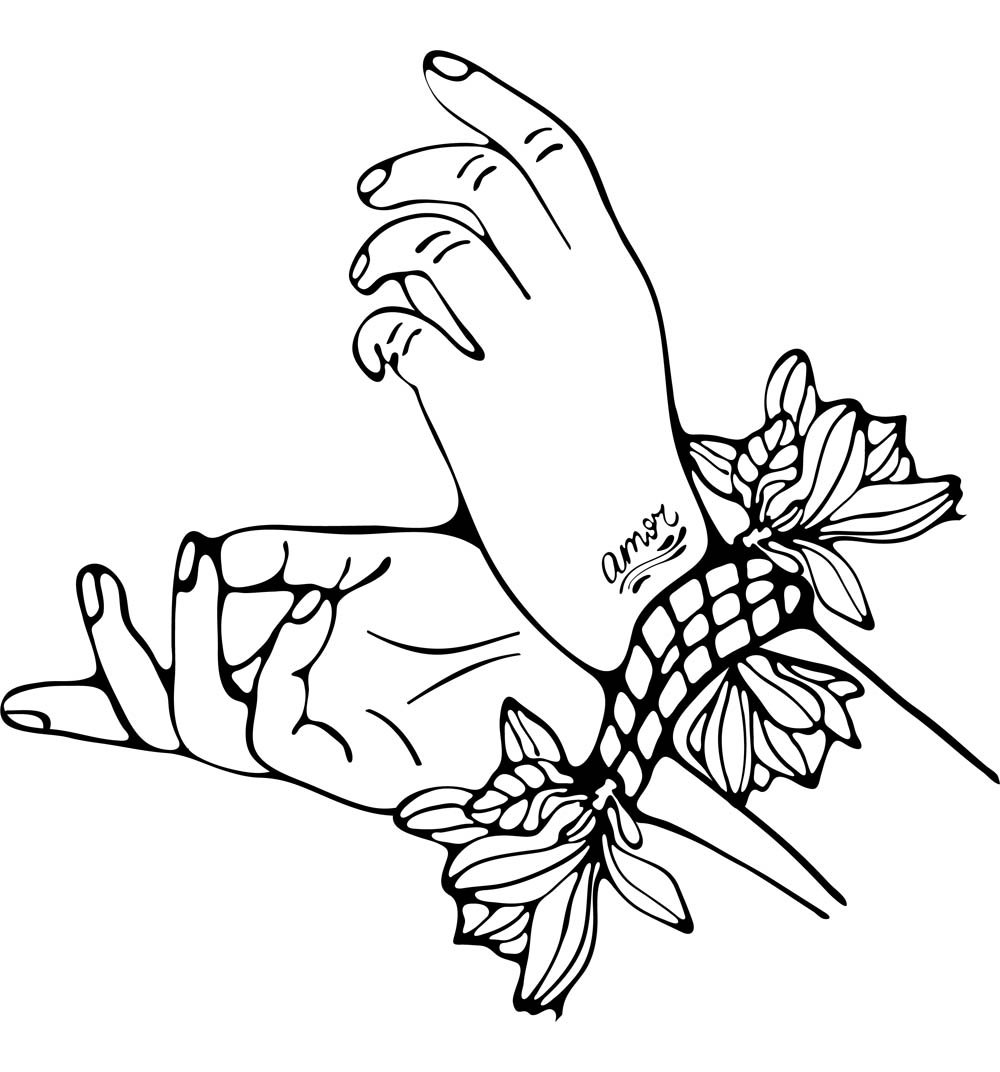
BDSM promises to be a spanking good time, and we’ve recommended it as a way to keep your sex life interesting. But you should know what you’re getting into before you dive in head first. Subspace is one of the things you might encounter but don’t know anything about if you don’t do your research first.
What Is Subspace?
You don’t have to be in the BDSM scene long to hear the phrase ‘subspace,’ but what exactly does it mean? Subspace is a mindset that submissives may get into when in a scene. You’ll see why this happens sometimes and not others in just a few.
Side note: If you are currently struggling to orgasm during sex or masturbation, then you may want to learn about the Easy Orgasm Solution. It will teach you how to have multiple vaginal and full body orgasms during sex and masturbation. It works even if you currently struggle to orgasm during sex or when masturbating. You can find out more here.
Subspace is often compared to runner’s high, a feeling of euphoria that runners and other athletes experience during an intense workout. A similar sense of euphoria may occur during subspace, but it’s not the only symptom. Symptoms include:
- Loss of time
- Less sensation of pain
- Loss of coordination
- Inability to articulate
- Decreased mental clarity
Now, the symptoms of subspace might sound a little concerning. Is it safe? And why does it happen, anyway? Read on if you want to find out.
Why Subspace Happens
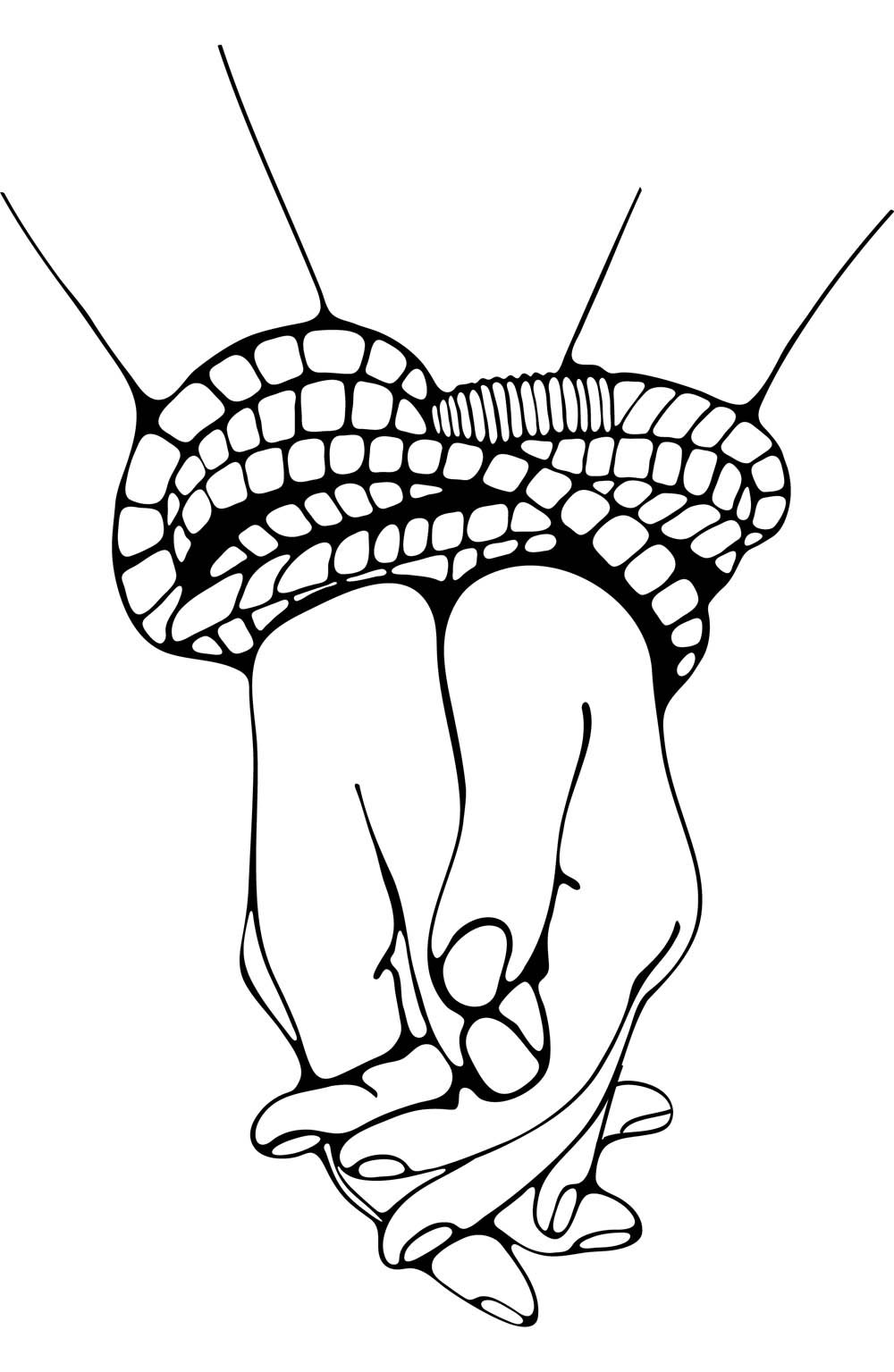
Remember that we mentioned that subspace doesn’t always happen. It may happen for some submissives and not others. It may happen during some scenes and not others. You can understand why this happens when you understand the cause of subspace: hormones.
Your body creates hormones all the time. They’re necessary to function. When your hormones are out of balance, you can run into all sorts of problems like weight gain or even weight loss [1]. But much of the time, hormones work right and are helpful.
Hormones are actually the cause of subspace. When you’re giving a spanking to your man (read more about erotic spanking) or in an otherwise intense scene, the body of the person receiving the spanking might interpret it as trauma and kick off the biological responses of fight or flight. You might remember the flight or fight response as your body’s reaction to stress. Although you might be pretty stoked for a BDSM scene, your body still perceives being on the receiving end as stress and acts accordingly.
Squirting: Any woman can experience the intense pleasure of squirting, if you follow the right process. I demonstrate the most powerful squirting techniques and explain the process, step-by-step in the Squirting Magic Guide.
This process starts with your central nervous system, which puts everything on high alert. Next, your adrenal cortex steps up to bat and releases all sorts of stress hormones. Two of these hormones are adrenaline, also known as epinephrine, and cortisol, a glucocorticoid hormone [3] that has been shown to remain elevated throughout and an intense ritual scene like BDSM, but trails off after a scene ends [4].
After this initial kick, your heart will beat faster, and you’ll have more energy (that’s the adrenalin). Cortisol gets your body ready to repair tissues, which is useful both in a BDSM scene and in times of emergency, while suppressing non-essential systems such as the digestive system and the reproductive system.
This is followed by activity from your thyroid gland [5], which is responsible for regulating multiple metabolic processes in your body, appetite being one of them [6] (one of the reasons many submissives end scenes feeling hungry and/or thirsty). All the while, breathing becomes more rapid, and your tissues fill with more oxygenated blood.
Psst, are you looking for a new BDSM activity to try? Why not dabble in ruining orgasms?! Discover why ruining orgasms is such a powerful technique.
Cortisol activities endorphins, the class of chemicals that are responsible for the euphoric feeling during scenes or even a long run [7]. They also reduce pain Another hormone within the endogenous opioids group activates: enkephalins. These chemicals reduce the sensations of pain [8] [9] although some studies still have trouble find evidence of this [10].
Finally, we have dopamine, a hormone that’s typically associated with pleasure. While you might experience a dopamine rush as you anticipate a reward, certain types of pain can also stimulate dopamine production [11]!
How Subspace Feels
Like we’ve mentioned, subspace differs between people and even scenes, which makes it difficult to describe accurately. But we’ll give it a shot. Many people characterize subspace by its flying or “floaty” feeling. Others might describe this as a sense of detachment, even going so far as to call it an out-of-body experience.
You might still be getting paddled, but you might feel very little of it or nothing at all.
Talk dirty confidently: It's surprisingly easy to turn a man on and have him lusting for you, by using a few simple dirty phrases. You'll find these dirty phrases in the Wild Dirty Talk Guide. You'll also learn how to confidently say them.
It might feel like a haze or trance, similar to alcohol or certain drugs.
You might have difficulty controlling or moving your body, and this can affect your ability to speak.
Losing perception of time is common, and it’s also shared with a mindset known as “flow.” Flow is a mental state that occurs when you are deeply invested in your current activity that may aid learning [12]. Some researchers suggest that these two states may be related [13].
Take our BDSM test to discover if you are more submissive or dominant.
The Dangers of Subspace
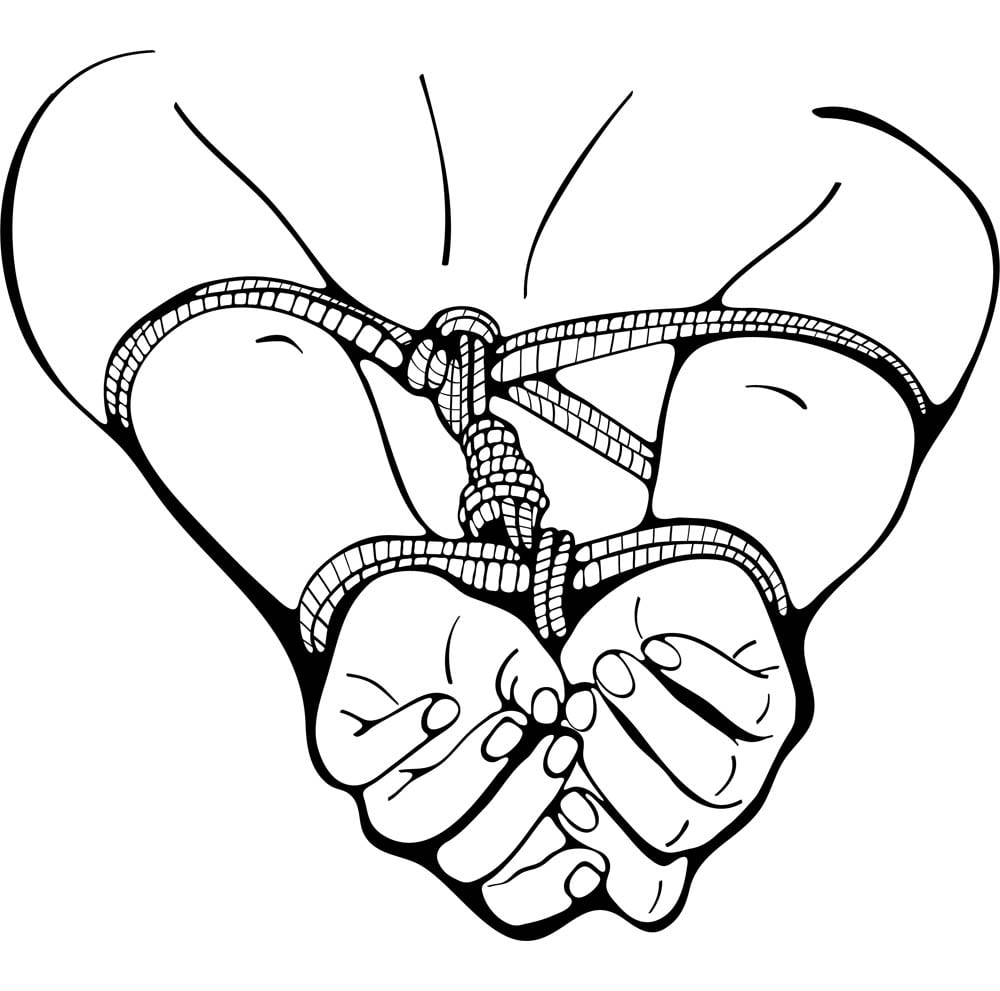
If you’re familiar with the rules of BDSM safety (read the 8 rules for BDSM), then you know that using a safe word is a must even if only playing with gentle femdom. Your partner cannot always tell if you’re receiving too much stimulation and need to stop or pause, so you use your safe word to let your partner know. Subspace can disrupt the practice of using a safe word in a few ways.
For starters, you might be unaware of how much pain you’re taking, so you don’t necessarily think to use your safe word. Furthermore, you might forget your safeword or even the entire practice if you’re deep within subspace. If you recall that you need to use your safe word, you might not be able to articulate it so that your partner can respond.
Any of these things could lead to intense play that leaves you physically sore or in emotional upheaval. That’s why it’s so crucial for the dominant partner to play close attention to the submissive during a scene. In fact, some dominants may want to avoid subspace altogether or, at the very least, during public scenes.
Related: 10 Femdom Ideas for Dominating Your Man
A submissive or dominant might also want to avoid subspace to ensure the sub feels every whack, thud, or slap.
You should discuss whether subspace is someplace you want to go beforehand, just like you should discuss contracts and negotiate scenes.
Learn more about BDSM contracts.
If you don’t trust a dominant to handle the situation when you enter subspace, you may not want to play with him. Alternatively, if you’re playing the role of the top, you need to trust yourself to take care of the situation.
Learn how to deal with trust issues in your romantic and sexual relationships.
Next Comes Sub Drop
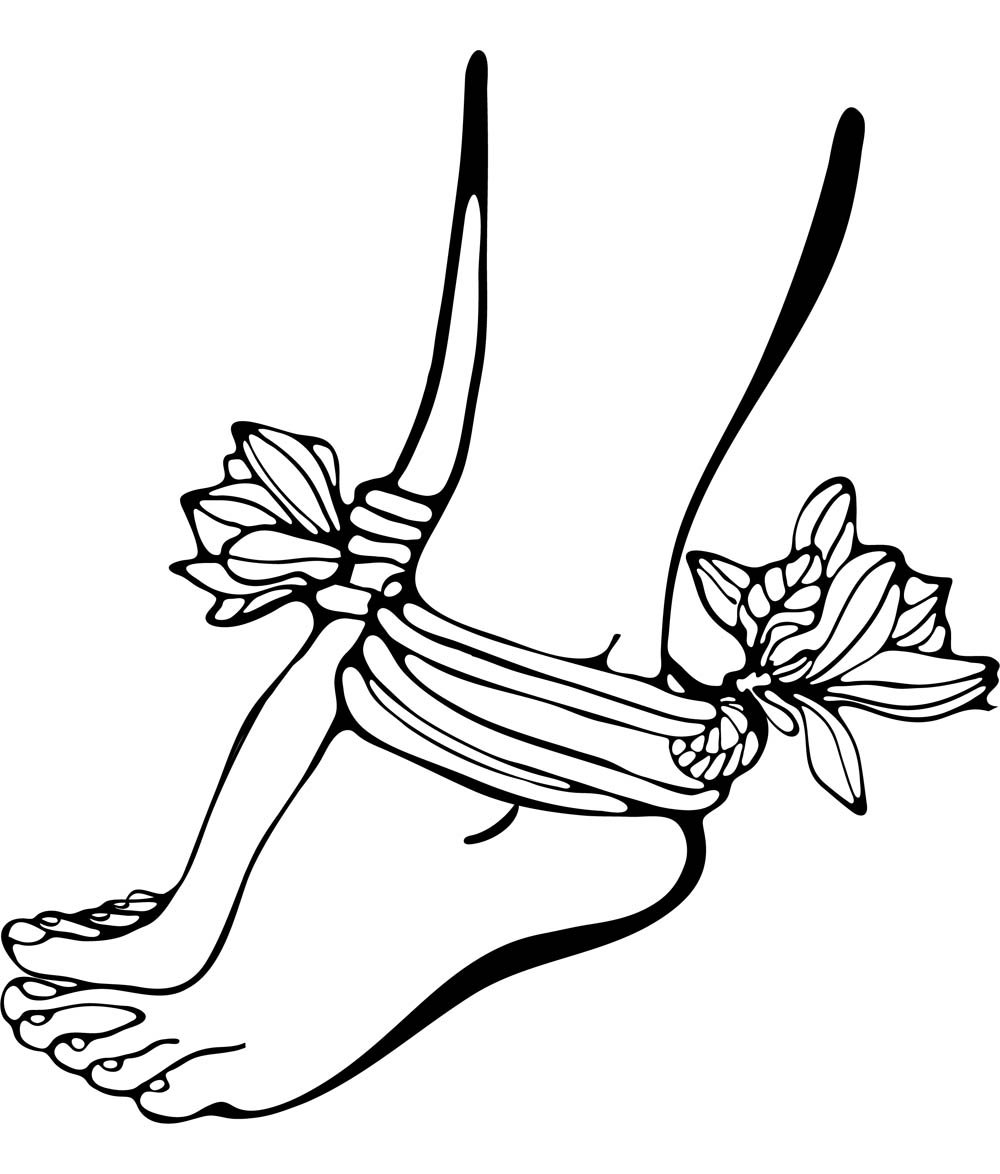
As play winds down — or if it has to stop suddenly — a submissive may be left with an entirely new bundle of feelings. It’s normal to experience everything from exhaustion to hunger to cold to disorientation toward the end of the scene and for a few hours afterward. This is known as sub drop, and it happens because most of your hormones are leveling off (cortisol remains elevated for a bit). Your body is exhausted from all that work!
We’ve written more on this subject. Check out our post on sub drop to discover how it relates to subspace. We also have a guide on dom drop a related condition.
Quick Warning: While this instructional video is quite distressing, it will teach you how to make your lover cry with orgasmic pleasure and become sexually addicted to you. If you are interested in having someone completely obsessed with you and only you, then check out the detailed (& explicit!) oral sex tutorial video here.
It’s a good idea to cuddle a partner, snuggle a warm blanket, eat or drink something. In fact, all of these activities and more are part of what is called aftercare. BDSM practitioners use aftercare to help ease the shock of sub drop after subspace. Additionally, aftercare can benefit a dominant or top who is dealing with a drop or his/her own exhaustion from a scene.
Aftercare can also include treating any abrasions or bruises (there are some great spanking balms available to soothe skin!), so have a First Aid kit available just in case.
You definitely want to learn more about aftercare before you try your first BDSM scene!
Read More: The Complete BDSM Aftercare Guide: Learn How To Do It Right.
Sub drop isn’t always bad. Some submissives don’t feel any worse for the wear. Instead, they feel more of a glow as they go on with their lives after a scene.
You can learn more BDSM terms here.
Sub drop and subspace can affect people so differently, which makes it hard to describe. Your body may not register every scene as a stressor and respond with the flight or fight response. Some people may have a lower tolerance to certain things or take longer to warm up before they find themselves in subspace.
Don't make these 5 sex mistakes: If you want to give your man (& yourself) back-arching, toe-curling, screaming orgasms that will keep him sexually addicted to you, then you'll find them in my private and discreet newsletter. You'll also learn the 5 dangerous & "dumb" sex mistakes that turn him off and how to avoid them. Get it here.
It’s certainly interesting how our bodies can react at various times, and subspace is a perfect example of that reaction! Fortunately, you can protect yourself and your partner from any negatives by knowing what to expect.
Orgasm Every Time. Easily. Here’s How...
I want to tell you about my friend Karen.
Karen came to me one day. She was hysterical.
She told me that her marriage was falling apart because she and her husband didn’t have satisfying sex.
Every time they were intimate, Karen was faking her orgasms. It turns out she couldn’t orgasm during sex.
In fact...
She never had an orgasm in her entire life. Not one!
This left her feeling embarrassed and ashamed. And...
She completely hid this from her husband. Thankfully...
It turns out that there is a way for any woman to orgasm. Easily. And have multiple vaginal and full body orgasms during sex and masturbation.
I shared the process with Karen.
After she followed the simple process, she could barely come to terms with how...
Quickly and dramatically her sex life changed.
We met up a few months later and...
She would not stop talking about it,
“I thought I was one of those women who couldn’t orgasm. I used to think I was ‘broken’ and ‘unfixable.’ This saved my sex life, and that saved my marriage.”
Even if you currently struggle to orgasm during sex or when masturbating, this process will also work for you.
And best of all, you don’t need to do anything weird or uncomfortable to start having the best orgasms and sex of your life.
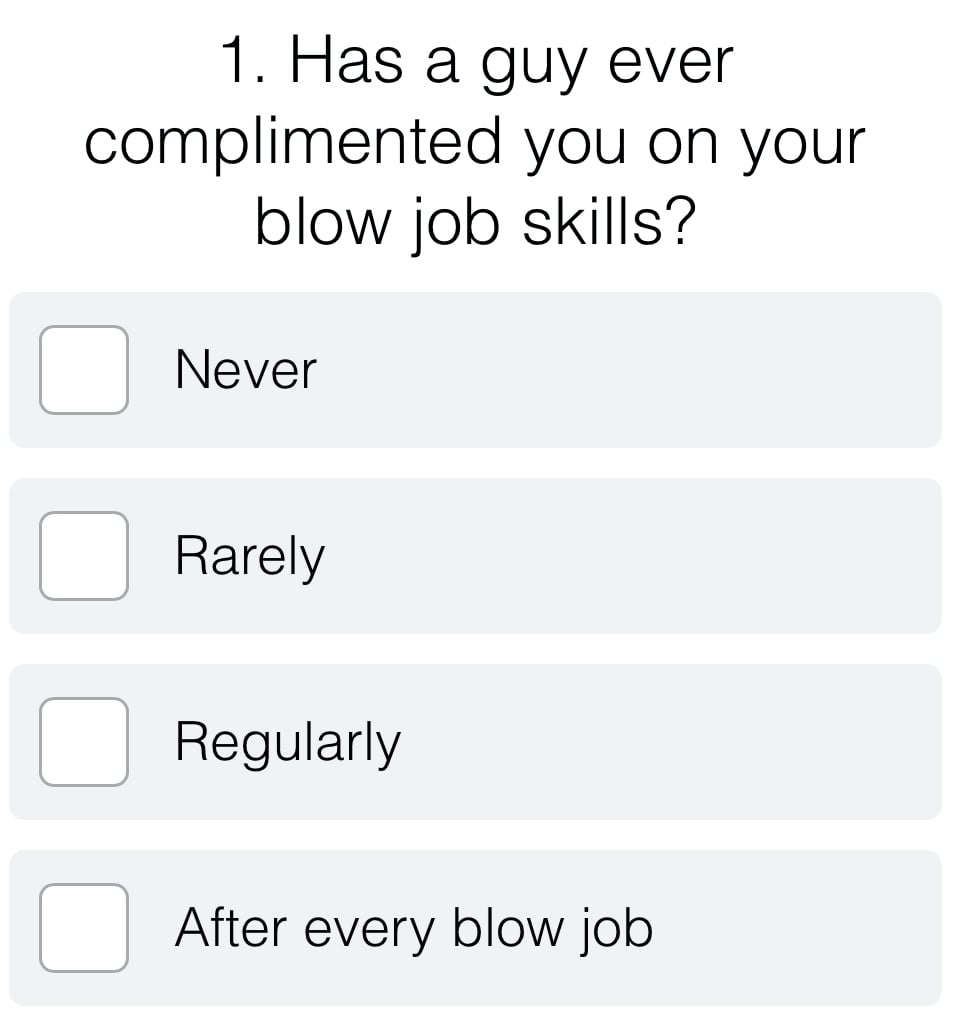

Leave a Reply